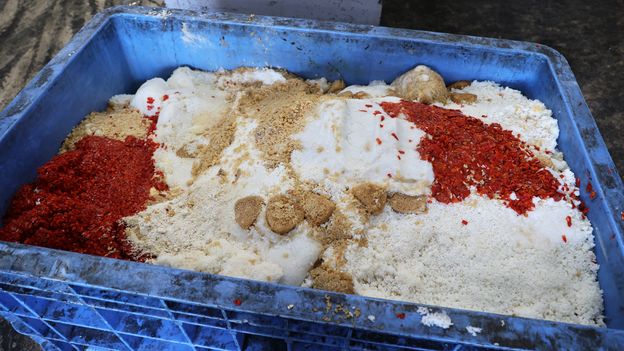…
Japan’s small size and mountainous terrain present challenges for food self-sufficiency. The country imports almost two-thirds of its food and three-quarters of its livestock feed. Yet each year, Japan throws out 28.4 million tonnes of food – much of it edible.
This comes with steep environmental and economic costs. Compared to many countries, consumers in Japan pay higher prices for food because so much of it is imported. And they also pay taxes to cover the majority of the 800bn yen (£4.2bn/$5.4bn) the country spends each year on waste incineration. Food makes up about 40% of the rubbish that Japan incinerates, and incineration produces significant air pollution and greenhouse gas emissions.
As the world’s fifth-largest emitter of greenhouse gases, Japan has set goals of cutting emissions by 46% by 2030 and becoming fully carbon neutral by 2050. Tackling food wastewill have to be a part of those efforts, Takahashi says.



deleted by creator
OH, I get it. The pick up price is the purchase price. That’s pretty clever. Does that mean the trash collectors have to pick every bag up by hand and glance at the contents? How many categories of trash/bag are there?
deleted by creator
That’s really neat, thanks for explaining!